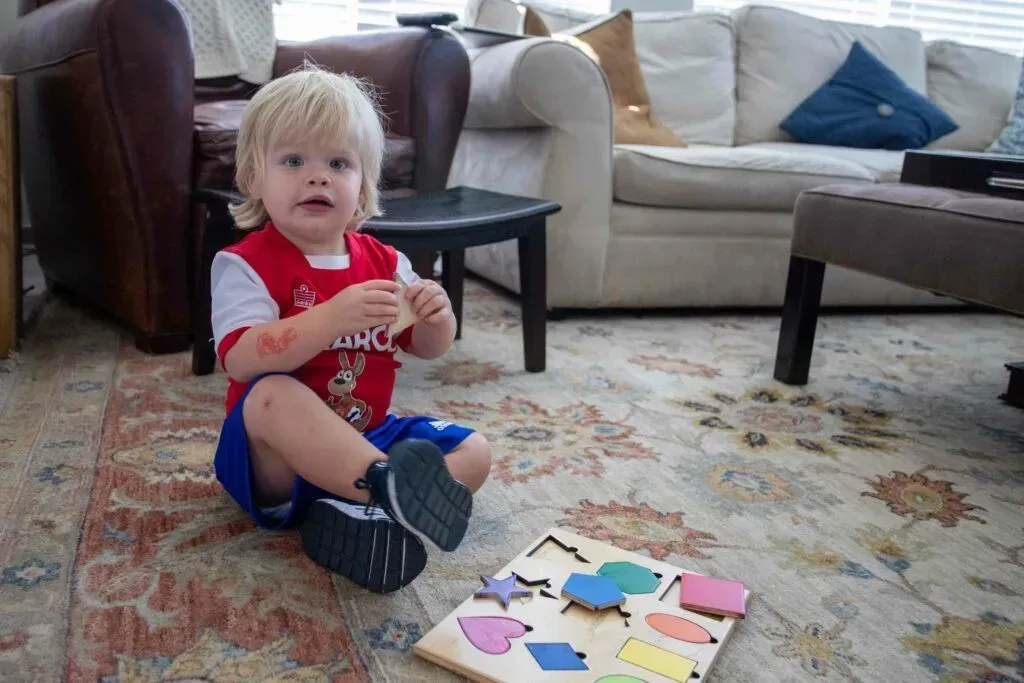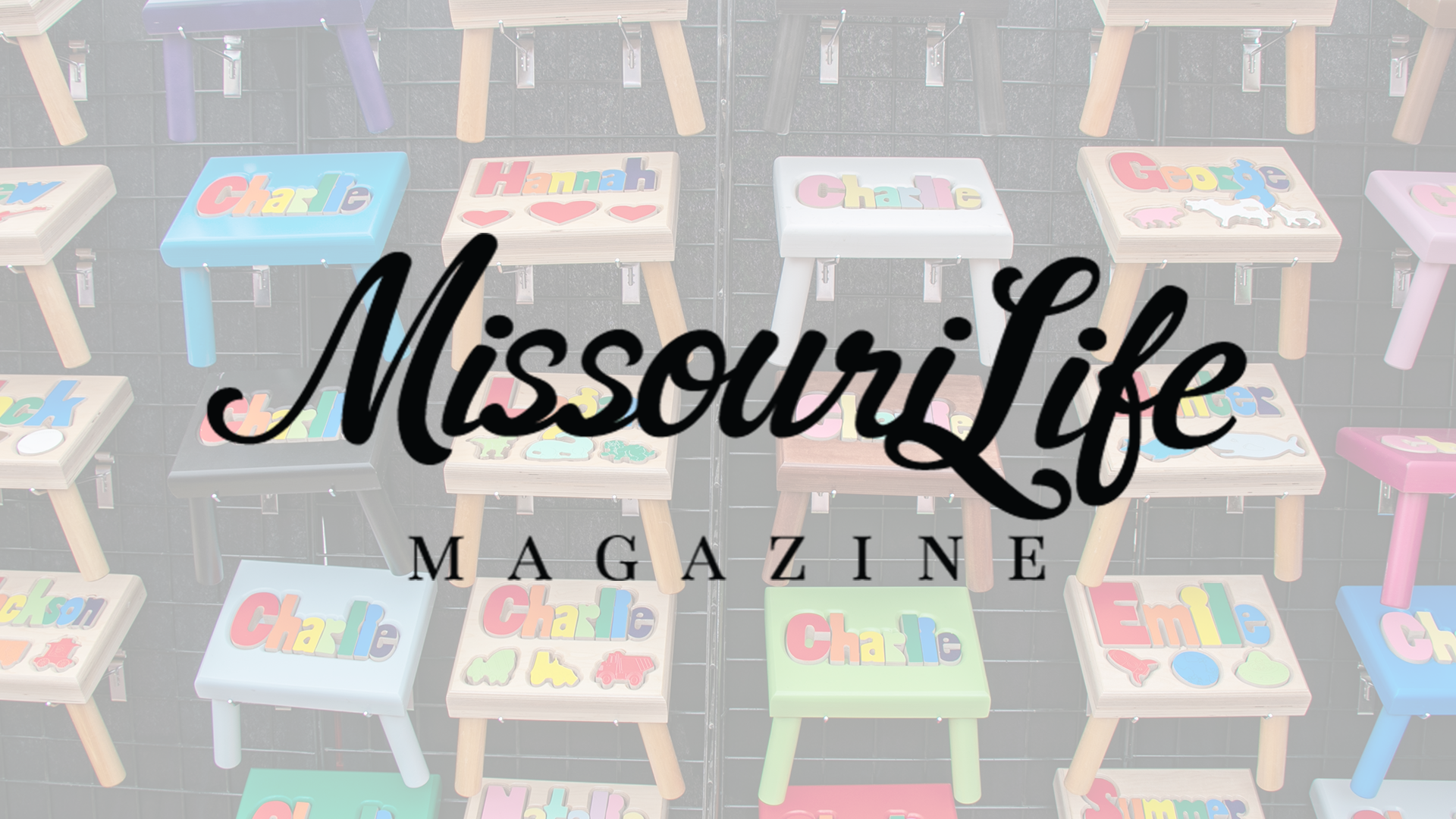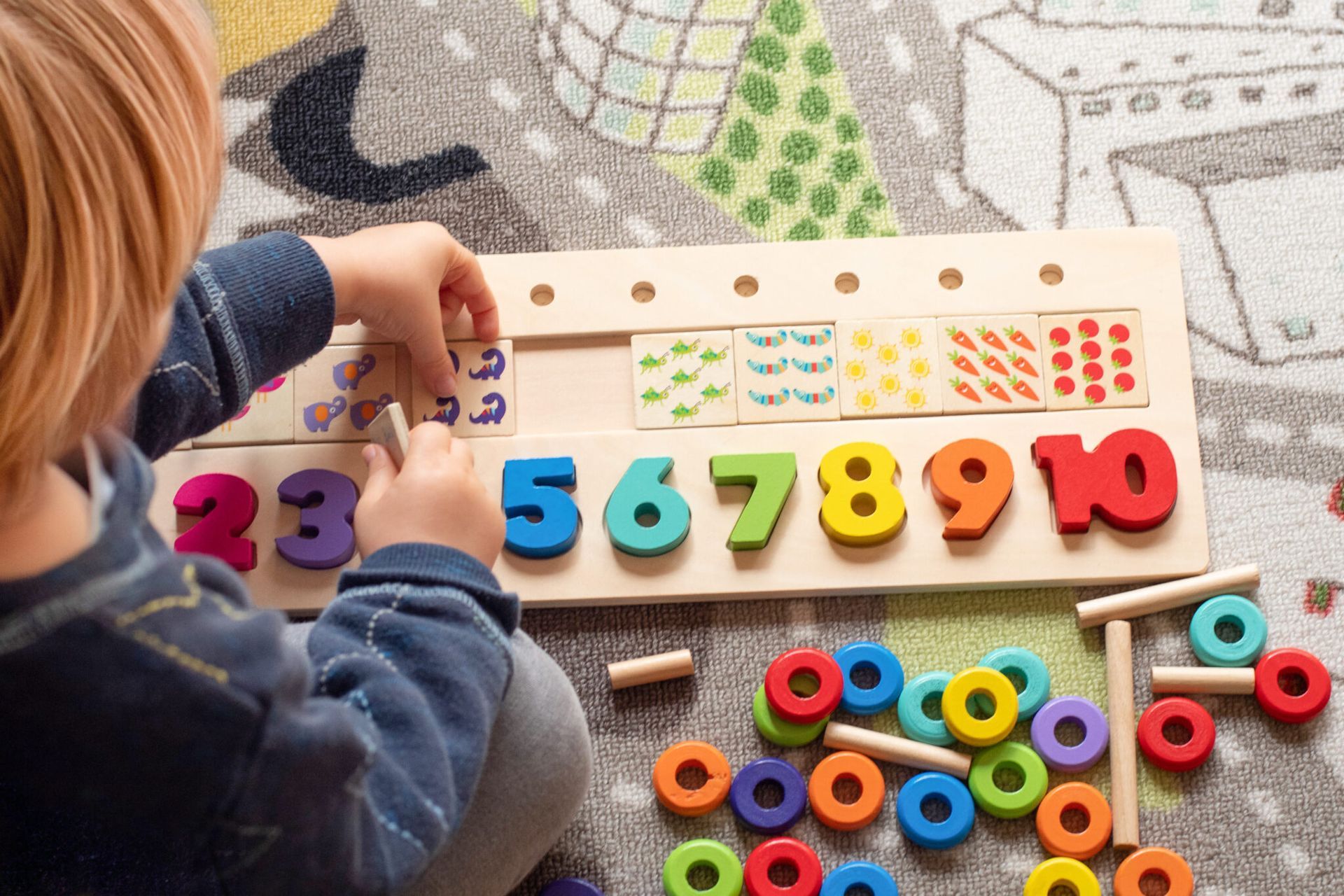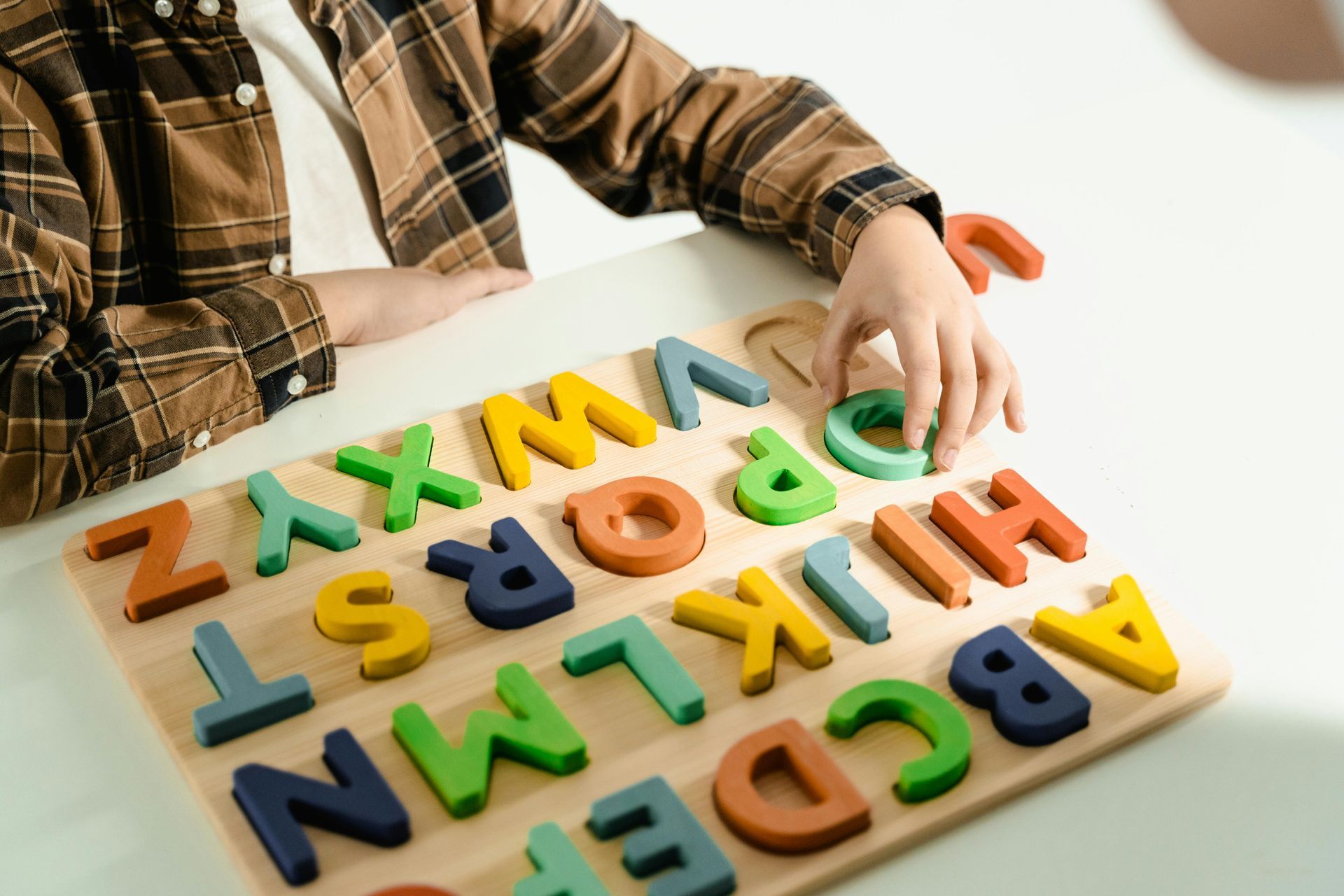Nurturing Little Thinkers: Encouraging Problem-Solving Skills Through Play
In the whirlwind of early childhood, curiosity drives every little hand and mind. Preschoolers are natural explorers eager to touch, tinker, and figure things out.
As parents and educators, one of the greatest gifts we can give them is the ability to problem-solve. This foundational skill supports learning, confidence, and lifelong adaptability.
Fortunately, we don't need complicated systems or technology to cultivate this skill. Play, especially through puzzles and wooden toys, offers a powerful and joyful path.
Why Play Matters for Problem-Solving Development
Play isn't just fun; it's how young minds learn about the world. When toddlers turn a cup upside down or stack blocks, they're experimenting, hypothesizing, and learning through trial and error.
This kind of exploratory, hands-on play builds critical thinking, creativity, and cognitive flexibility, helping children understand that there are many ways to find a solution and that sometimes failing a few times is part of the journey.
In an age where screens compete for attention, unplugged play, especially with wooden toys, gives kids the freedom to explore, focus, and think deeply without distraction or pre-programmed outcomes.
Such play supports sustained attention, perseverance, and imaginative exploration.
The Magic of Puzzles in Early Learning
Puzzles are miniature challenges with a big payoff. From the moment a child grasps a piece, a world of learning unfolds.
- Cognitive Development and Logical Thinking: Figuring out which piece fits where requires recognizing patterns, analyzing shapes, and predicting outcomes, which are foundational skills for math and logic.
- Fine Motor Skills and Spatial Reasoning: Aligning, manipulating, and placing pieces strengthens hand-eye coordination and spatial awareness, which are key for both physical and academic milestones.
- Problem-Solving Persistence: Puzzles teach that trial, error, and persistence pay off. Completing a puzzle brings rewarding joy and confidence.
- Memory and Concentration: Holding onto which pieces have already been tried, remembering shapes, and staying focused build concentration capacity, even before formal schooling.
- Age-Appropriate Complexity: From peg puzzles for toddlers to 60-piece challenges for older preschoolers, puzzles grow with children, offering the right level of challenge at each stage.

Why Wooden Toys Shine
There's a reason families have cherished wooden toys for generations. The weight, texture, and natural warmth of wood provide a sensory experience that keeps children engaged and focused, offering a tactile richness that plastic alternatives often lack.
Beyond their feel, wooden toys are durable and sustainable, built to withstand years of play and often becoming heirlooms or passed-down treasures rather than disposable items.
Perhaps most importantly, wooden toys spark imagination. Without pre-set outcomes or flashing lights, wooden toys encourage children to invent their own stories. A block can become a phone, a castle, or even a dragon, fostering creativity, problem-solving, and flexible thinking.
Play with Puzzles & Wooden Toys: Strategies That Work
Luckily, there are several ways in which puzzles and wooden toys can be powerful tools for nurturing problem-solving skills.
- Start Simple, Grow Together: For younger toddlers, begin with simple wooden peg puzzles or large-piece name puzzles. As skills develop between the ages of two and three, introduce puzzles with 4 to 8 pieces. By preschool (ages four and five), children can start to handle 8 to 60 pieces, opening opportunities for deeper challenges and pride in completion.
- Add Story and Strategy: Turn puzzle time into a storytelling session: "Where do you think this red piece belongs?" or "What might happen if you try fitting this shape here?" Such prompts help children verbalize thinking and develop strategies.
- Celebrate Persistence, Not Perfection: Encourage trial and error. Praise effort, "You kept trying different options until one worked!" fosters a growth mindset, where kids learn it's okay to fail while figuring things out.
- Limit Screens, Elevate Interaction: Use puzzles and wooden toys as engaging alternatives to screen time. Focused, hands-on play can help sharpen attention spans, reduce overstimulation, and create meaningful parent-child bonding moments.
Building Skills, One Playful Piece at a Time
Encouraging preschoolers to develop problem-solving skills doesn't require flashcards or apps. It thrives in the simple, sensory-rich world of puzzles and wooden toys.
Through tactile engagement, imaginative play, and supportive guidance, children learn that puzzles are not just pictures to piece together—they're small challenges that lead to big-time confidence.
As preschoolers navigate shapes, colors, and their own strategies, they're also building patience, persistence, and a belief in their abilities. And with tools like those lovingly crafted by our dedicated team, each play session becomes an opportunity for learning, growth, and joy.
So next time your preschooler is ready to play, offer a wooden puzzle or toy, stay curious alongside them, and watch as they discover that figuring things out can be the most fun of all.
At Hollow Woodworks, we've been creating handcrafted wooden toys and treasured memories for over 40 years.
Visit our online store today to find gifts for any of the little ones in your life, and know that you are investing in their future.
Our customers can always
call us with any questions or
fill out a contact form for help on an idea or product!
Recent Posts





